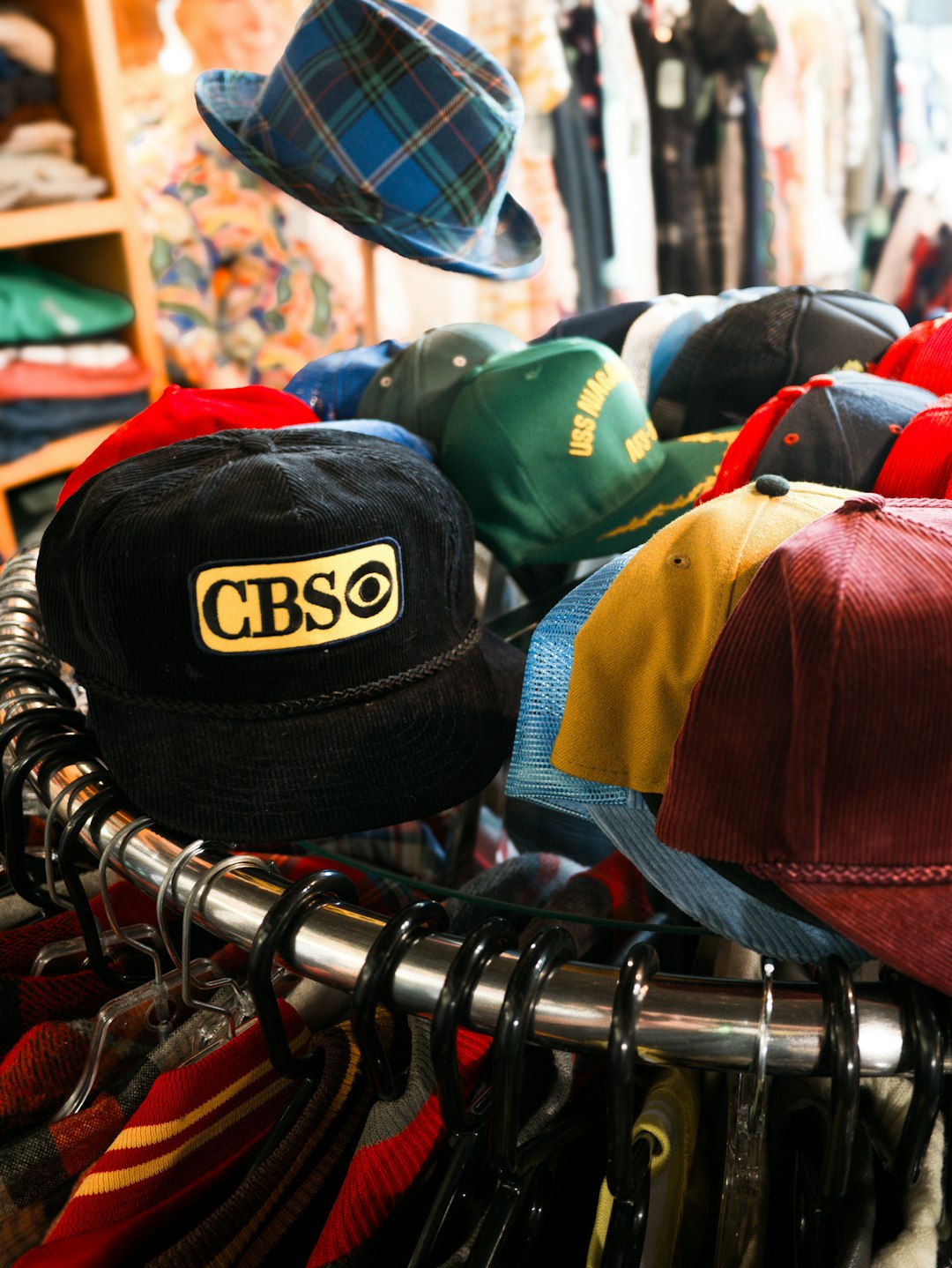The connection between fashion and sustainability: Brands leading the way
In recent years, the fashion industry has come under scrutiny for its negative impact on the environment. The excessive use of resources, the exploitation of workers, and the generation of enormous amounts of waste are just some of the issues that have plagued the industry. However, amidst all this, there are several brands that have taken up the challenge to promote sustainability and ethical practices. These brands are leading the way in creating a more sustainable fashion industry.
One of the key areas where fashion brands are making a difference is in the use of materials. Sustainable brands are choosing materials that have a minimal impact on the environment, such as organic cotton, hemp, and recycled fabrics. By using these materials, these brands are reducing the use of harmful chemicals, saving water, and reducing carbon emissions. For example, Patagonia, an outdoor clothing brand, has been using recycled polyester made from plastic bottles in their garments. This not only reduces waste but also helps to prevent further plastic pollution.
Another area where sustainable brands are making a difference is in the production process. Traditionally, the fashion industry has relied on fast fashion, where garments are produced quickly and cheaply, leading to poor working conditions and exploitation of workers. Sustainable brands are challenging this by ensuring fair wages and safe working conditions for their employees. For instance, Everlane, an ethical clothing brand, is transparent about their production process and ensures that workers in their factories are paid fair wages and work in safe environments.
Furthermore, sustainable brands are also focusing on extending the lifespan of their products. Fast fashion has conditioned consumers to buy cheaply made clothes that quickly fall apart, leading to excessive waste. Sustainable brands, however, are advocating for quality over quantity. They are producing durable and timeless designs that will stand the test of time. By doing so, they are encouraging consumers to invest in high-quality garments that can be worn for years, rather than buying into trends and disposing of them quickly.
One brand that has exemplified this approach is Eileen Fisher, a sustainable fashion brand. They have introduced a take-back program where customers can return their worn-out Eileen Fisher garments and receive a store credit. The brand then resells or upcycles these garments, reducing waste and promoting a circular economy.
In addition, sustainable brands are also prioritizing transparency and accountability. They are actively working to educate consumers about the environmental and social impacts of the fashion industry. Brands like Reformation and Stella McCartney are leading the way by disclosing their supply chain and promoting sustainable practices.
Moreover, sustainable brands are also experimenting with innovative technologies to reduce their impact on the environment. For example, Adidas and Allbirds have collaborated to create a running shoe made from natural and recycled materials. This shoe has a significantly lower carbon footprint compared to traditional running shoes. By embracing such technologies, sustainable brands are reshaping the industry and setting new standards for environmentally friendly fashion.
It is important to acknowledge that the fashion industry still has a long way to go towards achieving sustainability. However, the efforts of these brands are commendable. They are challenging the status quo and proving that fashion can be both stylish and sustainable. As consumers, we must support these brands and make conscious choices. By opting for sustainable fashion, we can contribute to a more sustainable future for the fashion industry and the planet as a whole. Together, we can make a difference and redefine the connection between fashion and sustainability.









